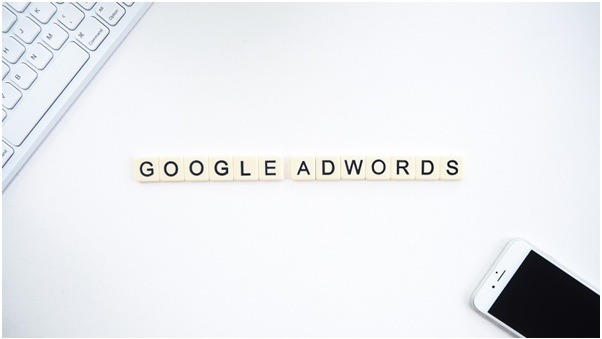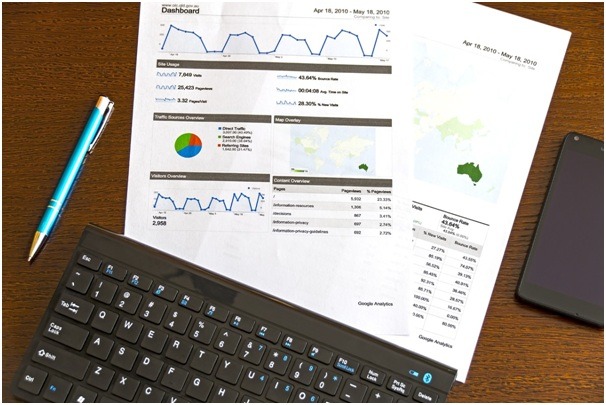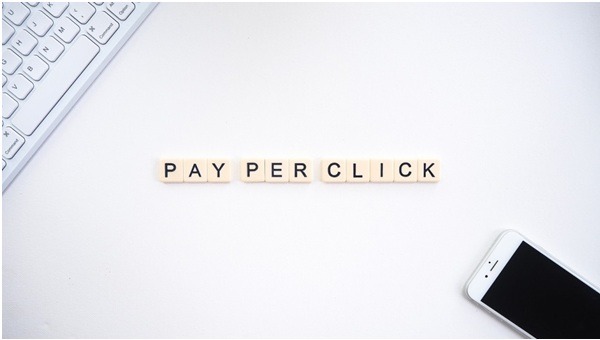A lot of you may already be familiar with what Google is. It is the biggest search engine the world has ever known and it was also one of the very first ones introduced to the online community. I don’t think I even need to explain why or how it operates anymore. It’s just that popular and widely-used.
But to put it simply, Google is a search engine. This means that we use this program to run a search on the internet. The internet is a very big place, you see. It has many nooks and crannies. There is even what people call the “dark net” which is accessed through hidden and mostly illegal domains. The way the internet is weaved is complex and confusing. We can’t possibly know every domain name there is or randomly guess when searching for websites. This is why search engines exist. Check out this video:
Search engines record and organize all of the cyber world’s data and make it easily available for us when we need them. What we do is simple: We type a couple of keywords of the type of content we wish to view and click “Search.” The search engine will then run a lightning fast search in its databases to pick out sources that meet your needs best. In a matter of milliseconds, it will display thousands even millions of results that match your query. This is organized according to relevance, with the first 10 items being the most relevant to your search.
The Fight Over The Top Ten
The top ten websites that are most relevant to a certain set of keywords get featured on the very first page of Google. I guess you can say that the first page is like the throne room of a palace and the very first spot is the king’s throne, followed by the queen’s throne, the princes and princesses’ station and so on and so forth. Websites that do not fall on the first page, particularly those ranked in page 5 and above, are outsiders to this “throne room” and therefore, not given as much attention.
This is why for many websites, business-oriented ones especially, ranking at the top of search engines is vital to their online marketing strategy. The higher they are in the search results, the more likely people will click on their website. More website clicks bring about the possibility of higher sales. After all, you first need people to take a look at your products before you can even hope that they would sell. In other words, exposure is key to success.
What Happens To Those Who Do Not End Up In The Top Ten?
Let me direct this question back to you: When was the last time you searched for something and end up looking outside page one? You don’t remember, don’t you? That’s probably because you never did, or at least not in a long while. You see, there’s a very high chance that people won’t bother checking the results after page one because they found exactly what they need on the very first page. I guess we can congratulate Google for a job well done with their indexing strategies. Their AI technology truly understands how people think. However, this is still terrible news for businesses. They can all have the same product but Google will pick out only the ten websites it like the most.
If you’re running your own online business, I bet you can really relate to this dilemma. You have the same products as your competitors so why isn’t yours selling that well? Now you know the answer: It’s because your content isn’t ranking well. Here is another article that may help you identify your current problem with online selling.
How Do Websites Rank Anyway?
One strategy is SEO or Search Engine Optimization. This is when you, or an agency you hire, helps you reorganize, rewrite, or transform your web content so that it fits Google’s standards better. Search engines follow a certain criteria to rank websites. However, these criteria are not completely disclosed to the public. But after years of trial and error, experts say that the following factors hold some weight in Google’s ranking criteria:
1. Keywords
Keywords must be set in certain parts of the article like the headings, subheadings, intro, and outro. The use of related terms and words will also help accurately categorize your content. Proper optimization of keywords leads to better indexation.
2. Links
Links are also important, especially inbound links. These links boosts your online authority. It tells Google and other search engines that your content is trustworthy and relevant to users. It is also important that you use outbound links in your content. This is when you integrate other websites’ links to support or cite the information you use on site.
3. Article Length
People think that the longer the content, the better. While they are not wrong, I wouldn’t say they’re right either. The length of the article should be a little bit longer than the average length of similar articles written on the topic.
And many others. I’m no expert in SEO but I do know that a lot of work goes into it. Overall, better SEO will (more often than not) improve your rankings in Google and other search engines. Or, you can opt for a simpler ranking strategy: Buy keywords off Google Adwords.
Rank Faster With Google AdWords
Google doesn’t really make people pay for every search so they have to generate income some other way in order to keep the system running. One such way is through Google AdWords wherein Google auctions off high-traffic keywords to websites who are interested. This is a pay-per-click service which means that businesses only have to pay Google whenever a user clicks on their ad. The price can range from $1-2 per click. With AdWords, businesses are guaranteed a first page spot for all the keywords they bid for. You can use a Google Ads reporting tool to track your keywords’ performance.
The price businesses pay per click is decided by determining the quality score of their website. The higher their quality score is, the lesser they pay for the ad. I guess you can say that this is because Google supports their content as well. If you’re looking for an easier way to rank, this is it.



